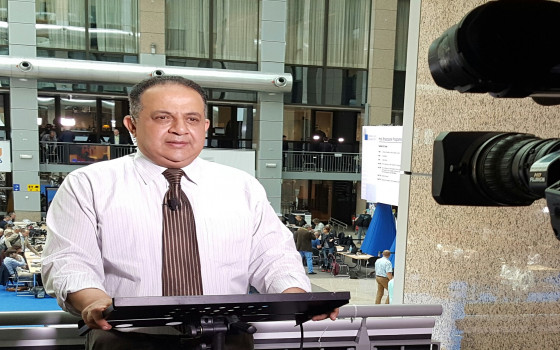
On the way to migrate to Europe through the Mediterranean .. Unidentified deaths

- Europe and Arabs
- Saturday , 29 October 2022 13:12 PM GMT
ABDALLA MOUSTAFA
A few hours were the interval between the statements of a high-ranking European official and the issuance of a report on the International Organization for Migration, and between them there is a link that is a fine line that only those who follow the events can see accurately and see the full picture of developments and with a very careful and careful eye. It is a thread that accepts all kinds of controversy, interpretation and different interpretations, each according to his whims and aspirations and his affiliations
In the statements of the European official, a message came to the youth of the Arab world, in response to a question put to him by a spokesman for the united European bloc. The answer to the question was recorded in a video and posted on social media, in which Josep Borrell, the European Union foreign and security policy coordinator, sent a message to the youth of the world. Al-Arabi, speaking in the name of the Europeans, said that we need to be humble and proactive, humble because we are no longer in a central position to the world. Our prosperity and well-being are in the framework of a common endeavour, and we have to offer opportunities for young people, and we need to open up more, and we have to cooperate more with the rest of the world.
In a strange coincidence, these statements came in conjunction with what was published by one of the United Nations organizations about the migration of young people and the numbers of those who drown in the Mediterranean waters on their way to the dreamland of Europe. The Missing Migrants Project of the International Organization for Migration (IOM) has documented at least 5,684 deaths on migration routes to and within Europe since the beginning of 2021, with increasing numbers of deaths seen on routes across the Mediterranean, at land borders to Europe and within the continent. This prompted Julia Black, author of the new IOM report on Project Missing Migrants in Europe data for 2021: “We have recorded more than 29,000 deaths on migration journeys to Europe since 2014.” Safe migration paths are urgently needed.” At least 2,836 deaths and disappearances have been documented on the Central Mediterranean route since 2021 (as of October 24, 2022), an increase compared to the 2,262 recorded among 2019-2020 On the West Africa-Atlantic route to Spain's Canary Islands, 1,532 deaths were documented in the reporting period, already higher than in the two-year period since the International Organization for Migration began documenting deaths in 2014 on each of these Long and dangerous offshore routes, this year's data is very likely to be incomplete due to the very labor-intensive process of checking for "invisible shipwrecks" - cases where entire boats are lost at sea with nothing.
Since 2021, increases in the death toll have been documented on many other European routes compared to previous years, in particular on the land border between Turkey and Greece (126 deaths were documented), the Western Balkan route (69), the English Channel crossing (53), On the Belarus-EU border (23) and the deaths of Ukrainians fleeing the recent conflict (17). In addition to the structural failure to provide adequate safe pathways, the Missing Migrants Project records show that many deaths on migration routes to destination countries in Europe could have been prevented through rapid and effective assistance to migrants in distress. Reports from survivors to the International Organization for Migration indicate that at least 252 people have died during alleged forced expulsions by European authorities, also known as returns, since 2021. deaths since 2021), in the eastern Mediterranean (70 deaths), at the land border between Turkey and Greece (58 deaths), in the western Mediterranean (23 deaths) and at the Belarus-Poland border ( 4 deaths). It is almost impossible to fully verify such cases due to the lack of transparency, lack of access, and the highly politicized nature of such events, and therefore these numbers are likely to be underestimated. Missing Migrants Project data indicate that the identification rates for those who die on the migration routes to and within Europe are lower than in other parts of the world. For example, in the central Mediterranean, the nationalities of only 4 of the 59 people (7 percent) who died off the coast of Europe in 2021 have been identified, meaning that the identities of the remaining 55 people are likely to remain unknown. This is significantly lower than those who died off the coast of North Africa on the Central Mediterranean crossing, where 457 of the 1,508 individuals (30 per cent) were registered in a known country of origin. In total, more than 17,000 people who lost their lives on and within Europe between 2014 and 2021 are listed without any country of origin information, a key identifying detail that highlights the unresolved loss of countless families searching for relatives. Missing people lost on migration trips to Europe. According to the reporter responsible for the report: "There are people from 52 countries who died on migration routes to and within Europe in our data set." "The scale of this problem - and its impact on families and communities dealing with unresolved losses - means that there is no solution to this problem without approval from the authorities." These numbers show the extent of the tragedy that is linked to attempts to emigrate From poor countries to rich countries, but many questions remain that need clear answers, foremost of which is who is responsible. Are they the governments of the countries from which young people and children migrate in search of a better standard of living? It is the governments of the wealthy Western countries that control and control the conditions of those countries and insist on weakening them further in order to drain their resources. It is the current global system that sees, hears and does not move to achieve justice for human beings regardless of their colors, nationalities, homelands or creeds.




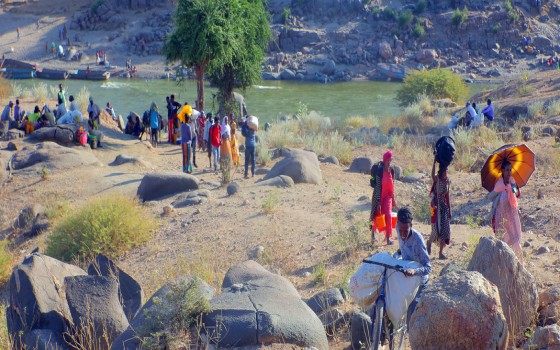

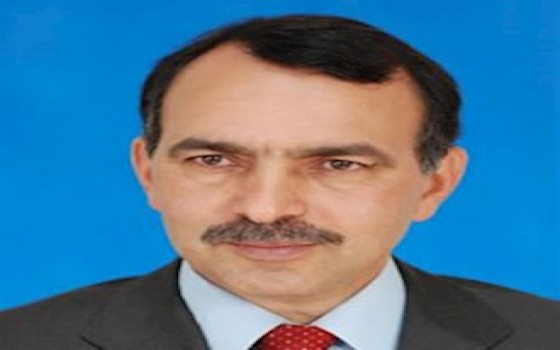
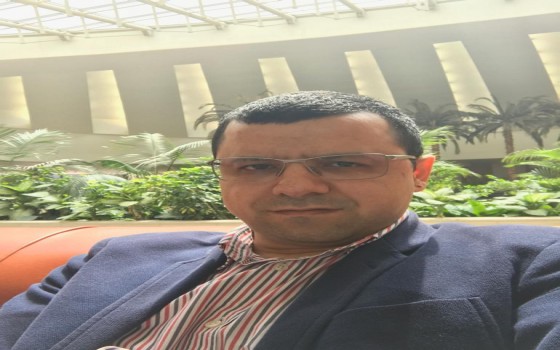

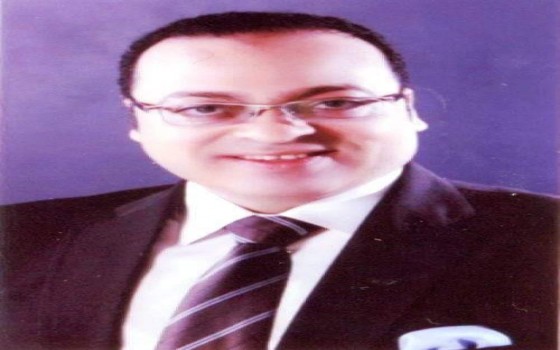
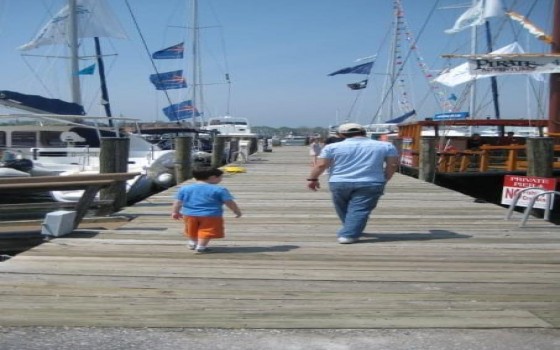
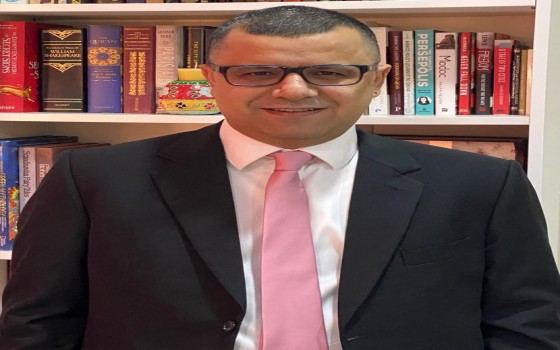
No Comments Found